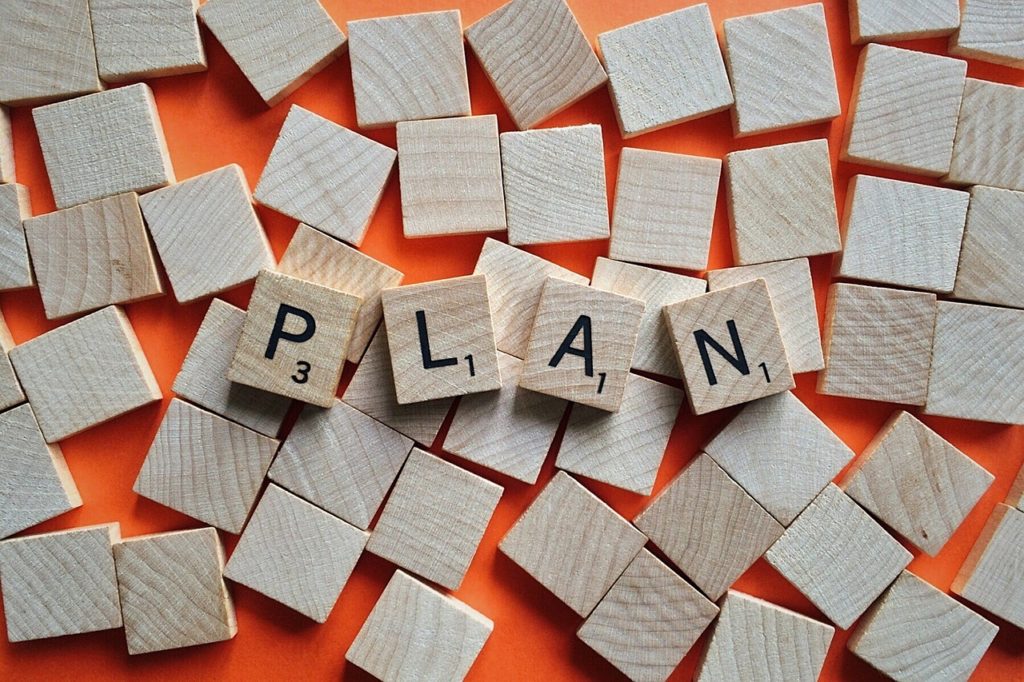First off, I am NOT an attorney (nor do I play one on TV…. Or in the Blog world – so…) specific legal papers you and/or your parents should have depends on your individual circumstances and state laws. It’s advisable to consult with a lawyer to determine the appropriate legal documents for each situation.
That being said – here are some suggestions for your consideration if your parents do not have these in place. This is just some basic info to help you understand the purpose of these legal documents.
A Power of Attorney (POA) is a legal document that gives someone else the authority to act on your behalf. There are two main types:
- Durable POA: remains in effect even if the person granting the authority becomes incapacitated or unable to make decisions for themselves.
- General POA: grants broad authority to handle a wide range of financial and legal matters, but it typically terminates if the person granting the authority becomes incapacitated.
A POA is an important document to have in place in case of unexpected events such as illness, injury, or absence, as it can allow someone else to handle important financial and legal matters on your behalf. But keep in mind that a POA ceases upon death.
A Healthcare Power of Attorney (HCPOA) is a legal document that allows you to appoint someone you trust, such as a family member or friend, to make healthcare decisions on your behalf in the event that you are unable to make those decisions yourself.
Having an HCPOA in place is important for anyone who wants to have control over their healthcare decisions, as it can help ensure that their wishes are respected and followed even in the event of serious illness or injury.
An “Advance Directive” or “Living Will” outlines your preferences for medical treatments and interventions, such as life support or artificial hydration and nutrition when you are unable to speak for yourself (such as a coma or other situations where you are incapacitated.) It reduces the possibility of disputes among family members about what treatments you would have wanted.
Having an Advance Directive in place can provide peace of mind and ensure that your medical treatment aligns with your values and beliefs. It is also a great idea to inform your family of your wishes so there are no surprises if the time comes.
A Will is a legal document that outlines how an individual’s assets and property will be distributed after their death. The Will typically names an executor, who is responsible for managing the individual’s estate and carrying out the instructions outlined in the Will.
A Will can also include provisions for the care of minor children, such as naming a guardian for them. It can also be used to make gifts to charitable organizations or specific individuals.
Having a Will in place is important for anyone who wants to ensure that their assets and property are distributed according to their wishes after their death. Without a Will, the distribution of an individual’s assets and property will be determined by the laws of the state in which they reside, which may not align with their wishes.
Although there are fairly cheap online forms you can complete online, it’s advisable to consult with a lawyer when creating a Will to ensure that it meets the requirements of your state and accurately reflects your wishes. I am all for a bargain, but you don’t want your family in a legal battle because you saved a few bucks when creating a will.
Through the years I have seen many families struggle unnecessarily because their loved one did not have a will. It just makes settling the estate much more difficult. I had a great uncle that passed away. He did not have a will so his heirs were 28 nieces and nephews, some great nieces and nephews….. we had to gather addresses for all these people and get signatures from them all. It was a nightmare and would have been so much simpler if he had left it to someone specific or to a charity.
There are additional options such as Trusts and naming beneficiaries directly on life insurance policies or even bank accounts. I will go into more details on these in another post. Hope this is helpful! We will chat again soon.

